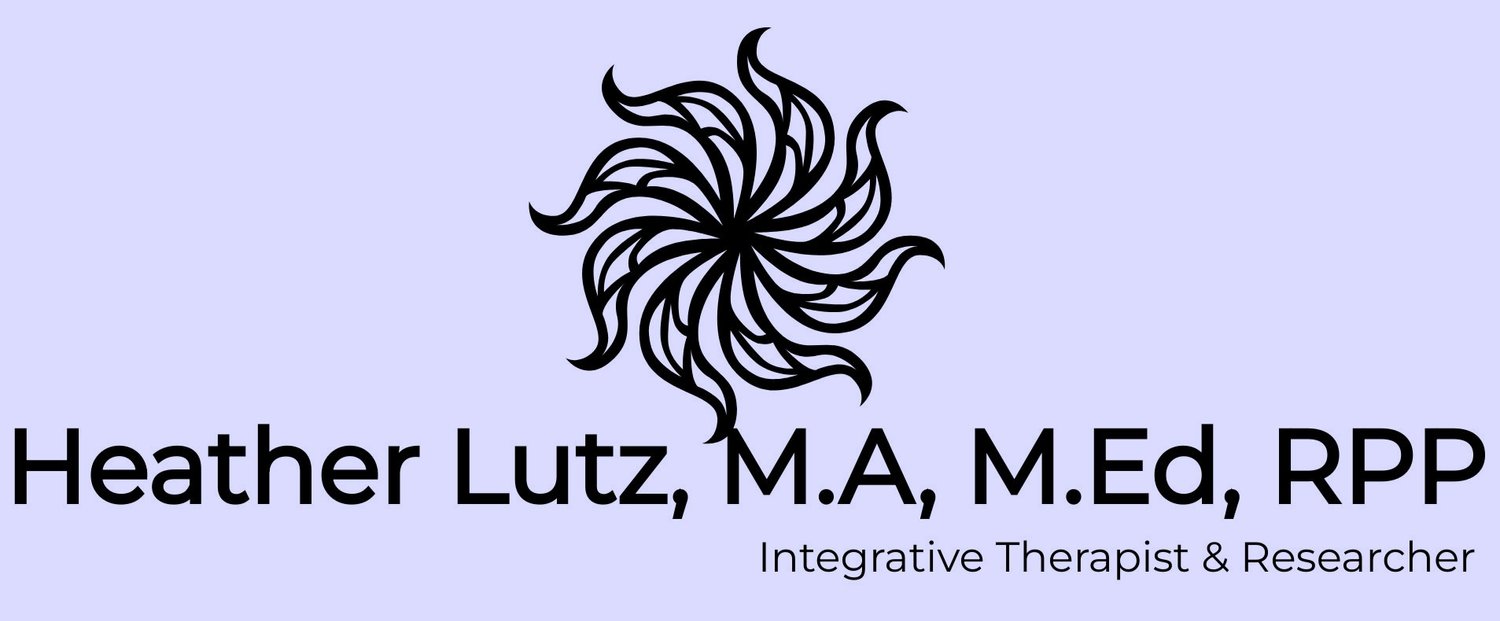How often do you stop to examine your needs? How do you define your needs? Do you even give yourself permission to have needs, to prioritize them and to vocalize them?
In his book, Nonviolent Communications: A language of Life (2015), Dr. Rosenberg defines basic human needs. It may surprise you to know that fundamental human needs encompass much more than food, water, and sleep. Our human needs are rooted deep in emotional, mental and spiritual well-being in addition to the physical aspects.
Grab some pen and paper. Take a moment to read through Dr. Rosenberg’s list below and write down your needs that are satisfied. Create a separate list for those that have not been given enough attention by you. Create yet a separate list of needs that you did not realize is considered a legitimate need, therefore you have never given any attention to it.
(Center for Nonviolent Communication)
Take time to consider the implication of neglected needs on your lifestyle choices, psychological well-being, and accessing states of clarity, balance, and centeredness. What happens to your inner state when a need is not met? What did this reflection reveal about your relationship to your fundamental needs? What did it awaken or call up inside of you? What feelings were provoked as you self-evaluated?
Taking responsibility for our needs is a primary way of enacting self-care and self love. Equally important is the empowerment and agency that comes from understanding and taking responsibility for our needs. We no longer need to stay in victimhood identification when we know what specific need is being called to attention. This process leads to a deep discovery of self by exploring your unique way of satisfying these needs which may or may not involve others. Additionally, this process can also help us unravel codependency patterns whereby we are waiting and yearning for someone else to meet our unspoken, unacknowledged, unmet needs that may have their origins in our childhood.
Give yourself permission today to recognize your needs. Give yourself time and attention to explore how these needs can best be met for you. Practice patience and self-compassion as you work through this process, because it is most definitely a process. Reach out for support as you walk this journey. We are not meant to walk it alone as this list of human needs clearly demonstrates.
If you would like to schedule a session to receive support as you explore your needs or if any particular traumas or memories surfaced around this exploration that require assistance, visit my calendar and schedule online.


